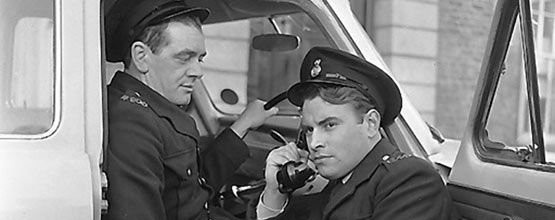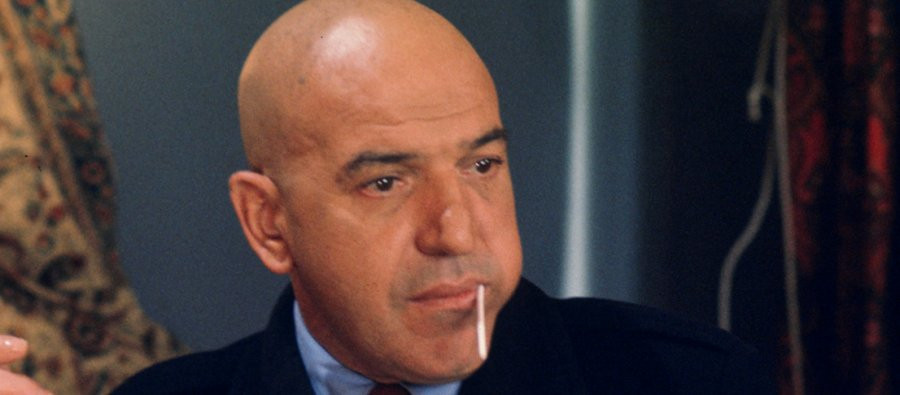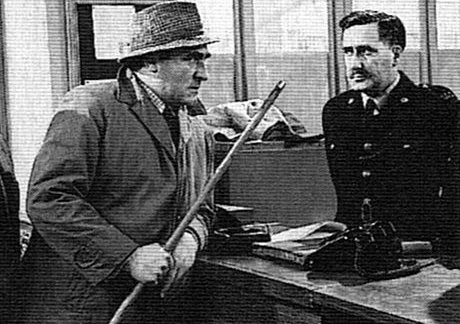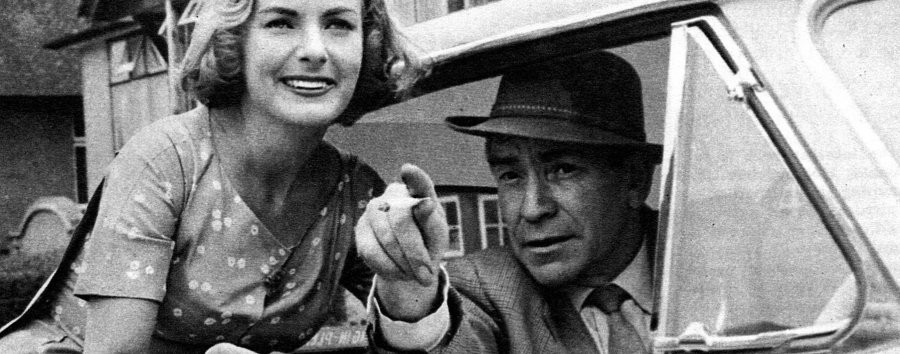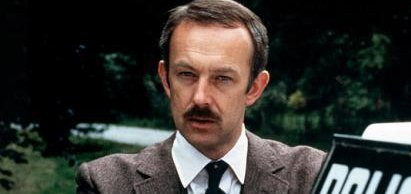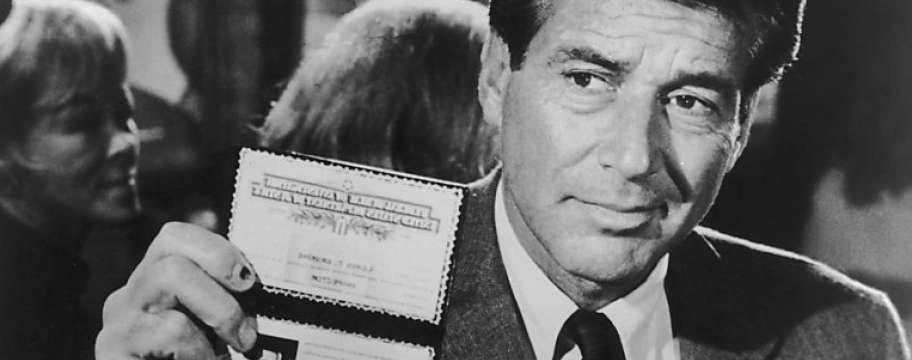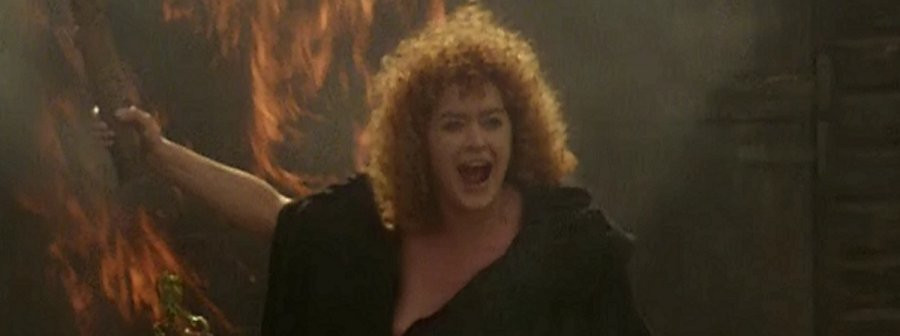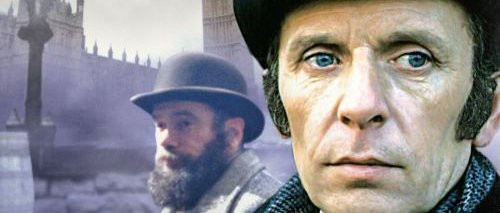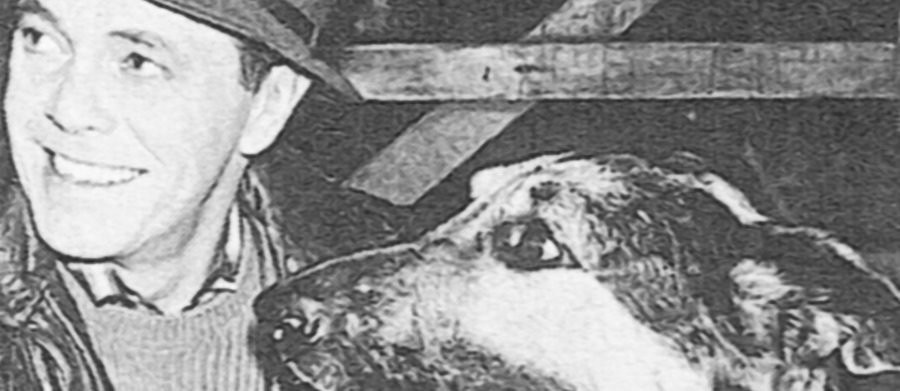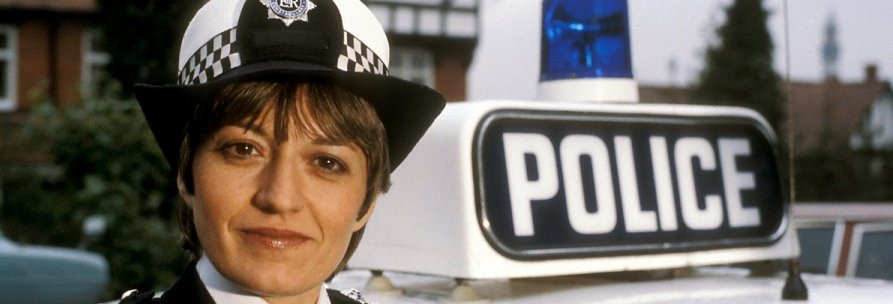
Juliet Bravo
1980 - United KingdomIn 1921 Lilian Wyles was appointed the first woman Inspector to the Criminal Intelligence Department of the Metropolitan Police. However, it wasn't until 1980 that British television appointed its first female Inspector. And typically; you wait 59 years for a copper to arrive, then two turn up together.
Although women taking centre stage in police procedurals was nothing new, previous shows hadn't yet promoted females beyond the rank of Detective Sergeant (as in the case of Angie Dickinson's character in Police Woman) and elsewhere they simple existed as stereotypical female characters with sex and 'jiggle' appeal (Charlie's Angels). Even in the UK women TV cops were treated with double standards, sexist behaviour and demeaning attitudes (perfectly reflected years later in Ashes to Ashes). Little had changed since Lillian Wyles' first arrival at the CID where it is alleged that initially her male colleagues took a rather dim view of her arrival there, and relegated her to the routine work of a statement-taker.
But by the 1980s women were challenging for what had previously been regarded as male-dominated roles in society following a period referred to as 'Second-wave feminism' (1960s through to the late 1970s), and by the early 1980s it was largely perceived that women had met their goals and succeeded in changing social attitudes towards gender roles. This and the fact that Britain now had its first female Prime Minister heavily influenced the perception of women in television roles as television has always been reflective of (as well as influential to) changes in society.
On 11 April 1980 LWT launched its first Police Drama to feature a leading female detective. Jill Gascoine starred as Inspector Maggie Forbes working for the Metropolitan Police in seedy Soho. In many respects Forbes was a feminine version of Jack Regan dealing with prostitutes, blaggers and murderers (in the first episode her Police Constable husband is shot dead). Just four months later, on 30 August 1980, the BBC launched Juliet Bravo. It is therefore unlikely that the series was merely in response to the ITV series and its more likely that both shows had been in development at the same time. The Gentle touch simply arrived at the scene of the crime first.
Juliet Bravo was the creation of Ian Kennedy Martin, creator of The Sweeney and whose brother, Troy Kennedy Martin had been responsible for Z Cars. 'Juliet Bravo' was the call sign for Jean D'Arblay (Stephanie Turner) female police Inspector in the fictitious town of Harltey in Lancashire. D'Arblay faced sexism and hostility among her colleagues from the start, the role of a professional female having to juggle her career with her family life whilst facing prejudice was carefully explored at the outset. In the opening episode she also had to deal with a case involving a father holding his daughter hostage. But by and large Juliet Bravo went for less sensationalism than The Gentle Touch, with its setting being in more cosy and reassuring surroundings. Apparently, the two different production teams who worked on The Gentle Touch and Juliet Bravo kept in contact with each other to ensure they did not duplicate storylines of similar nature.
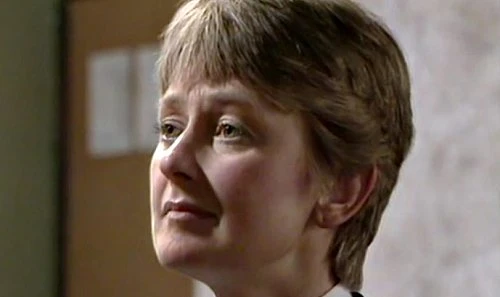
In 1983 D'Arblay was promoted and left Hartley to take up a new post. Stephanie Turner's (who had appeared in the aforementioned Z Cars and The Sweeney - in the latter as George Carter's wife) decision to leave the series didn't mean its demise. A new female Inspector was simply brought in on promotion. Kate Longton (Anna Carteret) was even more dynamic than D'Arblay and this led to clashes with her seniors; in particular with DCI Mark Perrin (Edward Peel). Together both The Gentle Touch and Juliet Bravo changed the public perception of female officers in the police and marked an important shift, not only in television’s attitude towards female detectives, but females in important decision making roles, as well. They also paved the way for later dramas which focused on high ranking females such as DCI Jane Tennison (Helen Mirren) in Prime Suspect. At its peak Juliet Bravo raked in a huge audience of around 17 million viewers, something unthinkable today.
Published on December 28th, 2018. Written by Laurence Marcus (11 July 2010) for Television Heaven.


